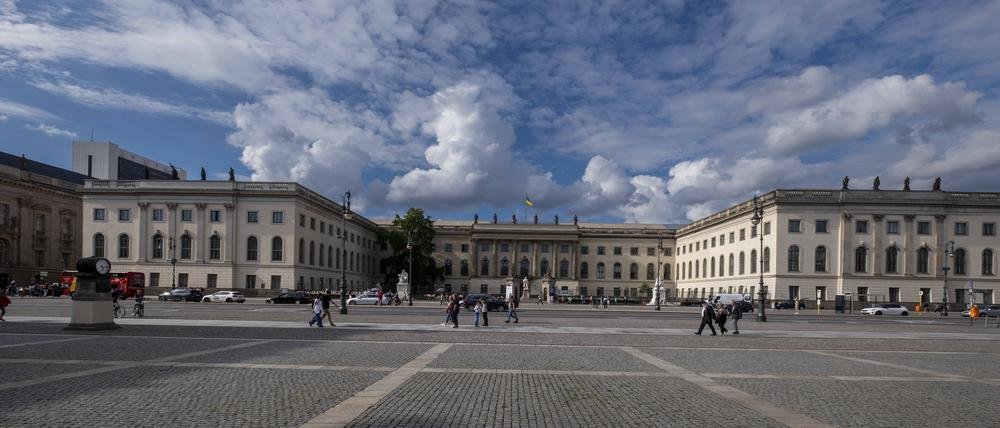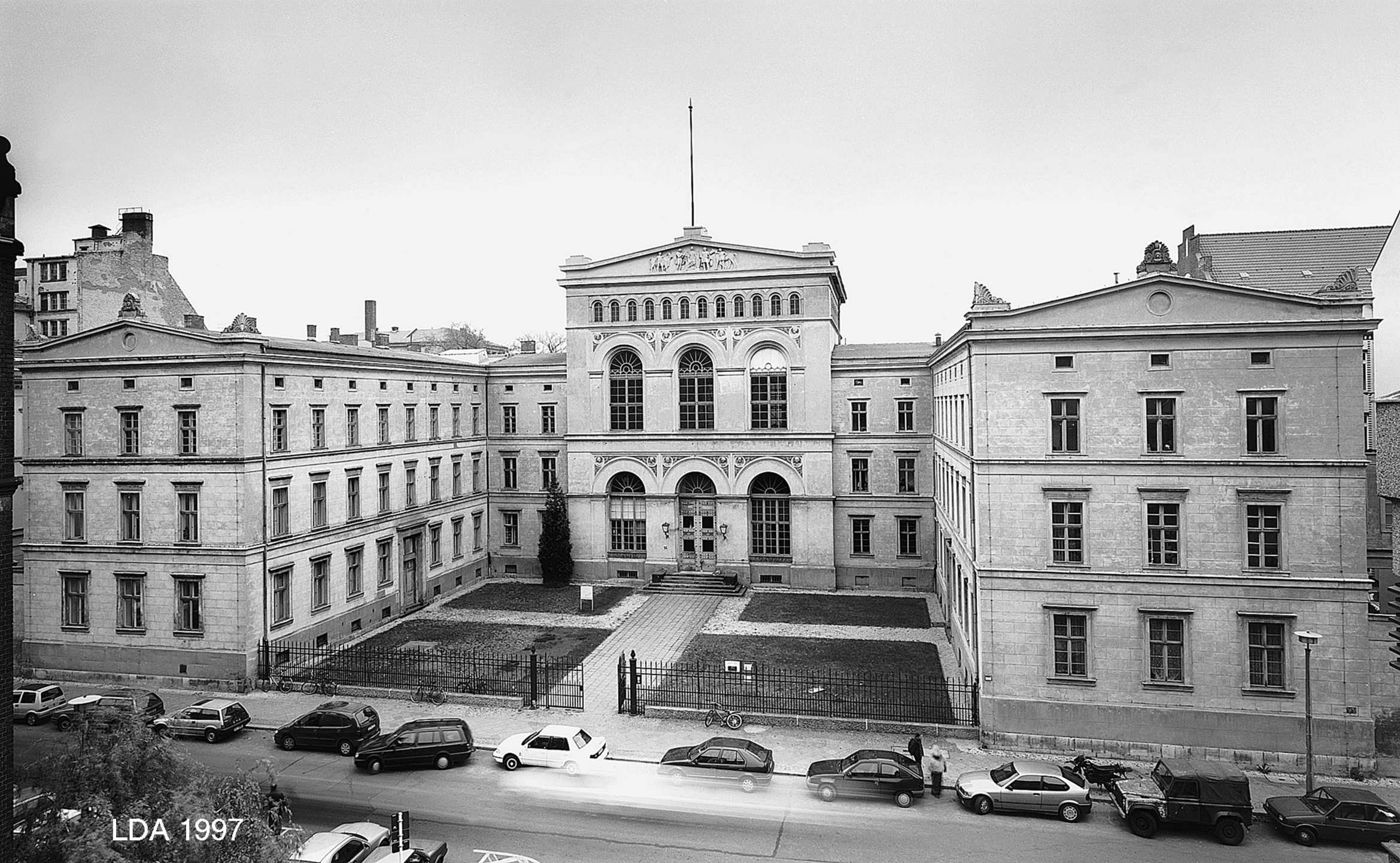Arts and Minds Lab
Transformative Aesthetics Research Group
This is where most of my research happens. We focus mainly on one question — addressed both theoretically and experimentally — How do the arts (architecture, images, new media) transform us over time? How does art directly address our relationship to the world and aims at its re-mediation. The lab is part of the Research Platform Neurourbanism. We are also part of the European consortium ART*IS that encompasses art schools as well as institutes for neuroscience and psychology, for which we also coordinate joint activities with artists, museums, galleries, etc.
Motivation
Philosophy is a central discipline within the sciences of the mind. It challenges assumptions of psychology and cognitive neuroscience. In our case, we do this based on insights from a 4E philosophy of mind (4E stands for embodied, embedded, extended, and enactive) that we want to shift towards the affective-aesthetics relations, and cultural artifacts that make up our lifeworld. Such cultural artifacts are media of the mind, and the mind is fundamentally mediated by them. A third basic operating principle of the mind beyond its affective-aesthetic and mediated character is the prospective character that we explore as part of predictive theories of the brain. This is I would characterize as AMP cognition. Under such a conceptual framework the lab aims to capture how our designed environment (from the urban built environment to now AI driven media ecologies) impacts mental states, such as perception, emotion, and cognition. We see philosophy’s task to provide a systematic perspective that then also identifies blind spots in the cognitive sciences regarding our culturally mediated mind and our aesthetic relation to the world. We believe that philosophical theory building should nonetheless go hand in hand with experimental studies — it should be empirically engaged in this sense — and requires also collaboration with practitioners such as designers, architects, artists. This is what we try to do at the Arts and Minds Lab.

Topics
Two Domains
Analytical philosophy of mind has focused too long and too extensively on the impact of language on the mind. Language has sometimes been labeled the “ultimate artifact” and language arguably occupies a central role in how we categorize and perceive the world. Yet, in our research group we shift our focus to other cultural artifacts. The Arts and Mind Lab currently explores two central domains: architecture and the built environment as the artifact that constantly shapes our embodied actions well as visual media and images that provide us we novel models of who we are and how we can live together.
Two Dimensions
We study those domains across two temporal dimensions: the long-term impact of design and media on our minds that we for example study by doing cross-cultural comparisons. Another example is the study of how the built environment and our mental well-being interact by using an app-based Ecological Momentary Assessment (EMA). We also study the transformative potential of intense interaction with extraordinary artifacts and art or artworks in cities or different visual media.

Team and Location
We are currently working at the Berlin School of Mind and Brain/Department of Philosophy, Humboldt-Universität zu Berlin with two Postdocs, several research and artistic fellows, PhD students as well as research assistants. You to contact the lab click directly (please give us a week to respond); for individual members of our team, please consult the Arts and Minds Lab’s website (will be live soon).
Berlin School of Mind and Brain
House 1, North Wing, Rooms 215, 216, 308, and 317 (shared with the Finke group), Luisenstr. 56, 10117 Berlin, Germany
Opening Hours
Upon Appointment
Telefon
+49 (0) 30 2093 89773
Charité University Medicine
Offices still undergoing renovation

